The Whats and Whys of Home Inspections

Posted by Eric Skates on
Why Have Home Inspections?
When you put in an offer to buy a home, the contract to purchase gives you and the seller certain rights and responsibilities. One of your rights is to expect that the home you are buying is safe and functional. You do not want to buy a home that has dangerous electric wiring or has been damaged by termites. Neither do you want to pay for, say, an HVAC system (furnace and air conditioning units) that do not work properly. One of the seller's responsibilities, therefore, is to repair and replace major items that are not safe or functional. The contract details say how these issues are to be handled and what happens if they are not.
Your mortgage lender technically puts money at risk by using the property as collateral for the loan. The lender and the loan guarantor need to know that the property is safe and functional.
The home inspections are done so everyone involved knows that the property meets required standards. That is why home inspections are so important.
What Do Home Inspections Include?
Good question. There are different types of inspection. The contract you have with the seller, and the type of mortgage you apply for, specify which inspections you have a right to have – or must have. For example:
1. Standard Home Inspection
This inspection is to see that major items work correctly (are functional) and are safe. The inspector checks the roof, exterior and interior walls, electrics, plumbing, HVAC, hot water tank, doors, windows, etc. The American Association of Home Inspectors (ASHI)has a Standards of Practice their members should follow. Not all home inspectors are members of ASHI, but they do all have to be licensed and suitably qualified.
2. Wood Destroying Organism Inspection
This is often called the WDO or Termite Inspection. The inspector looks for current infestation or past termite, dry rot or other wood damage. Lenders and guarantors (the government, for example, if you are applying for a VA or FHA loan) will require a "clean" inspection report.
3. Special Inspections.
If the home has a septic tank or swimming pool, the lender may require a specialist inspection. Other inspections include, for example, looking for radon gas or mold.
4. VA and FHA Loan Inspections
If you have applied for a VA or FHA loan, the appraiser will perform a basic inspection as part of the appraisal. You may choose to discuss with your Realtor or loan officer the value of having your own, full inspection done as well.
What Happens Next?
If an inspector finds a problem, there are different options. Some options are between you and the seller, and some are defined by your mortgage lender:
- The seller may simply carry out all repairs ready for a re-inspection.
- The seller may agree to make some repairs up to the dollar amount agreed in the contract but not all of them.
- You and the seller may agree on which repairs should be completed up to the dollar limit.
- You and the seller may agree for an amount of money to be paid to you at closing and you then complete repairs after you become the owner. The lender may have to be part of this discussion.
- The seller may disagree with the report and have a separate inspection done after which you both agree how to proceed.
- If the seller does not complete all agreed repairs you, the buyer, have a right to cancel the contract.
- Your loan officer may demand certain repairs are completed otherwise the loan cannot be made. The Federal and some State governments become involved in some loans, and they will have conditions which must be met. As mentioned above, the home is collateral for the loan so if there is a major fault, the home will not be worth as much as it should, so the loan cannot be confirmed.
If all goes according to plan, then the contract to purchase stays in force and you and the seller proceed to the next step. That step may be the appraisal or it may be closing, completion, or passing papers - depending on which state you are in.
Summary Point
Home inspections are an important part of buying a home. They are made part of the contract to protect you, the buyer, and the lender. Your Realtor will help you choose inspectors for each type of inspection. Your loan officer will also become involved to make sure any conditions set by the lender are met.
We hope you found this explanation useful as well as interesting, so if you are ready to discuss possible loan options, just click here to get started on the basic application or to chat with one of our MLOs.




